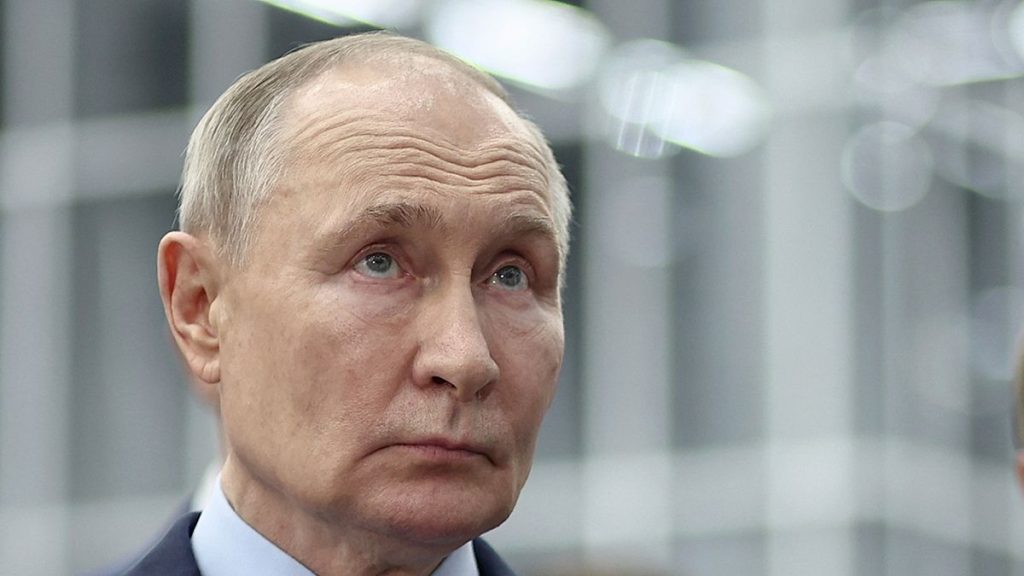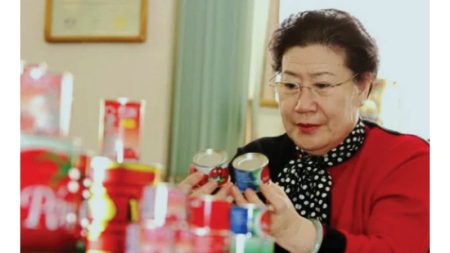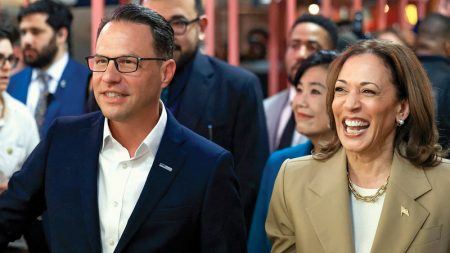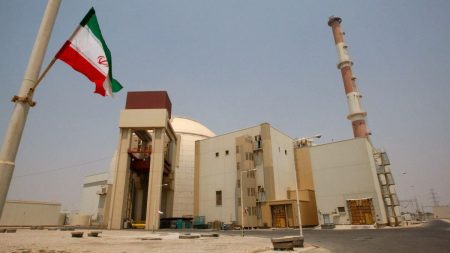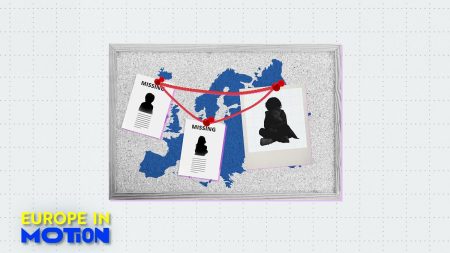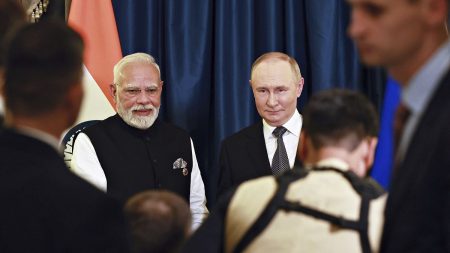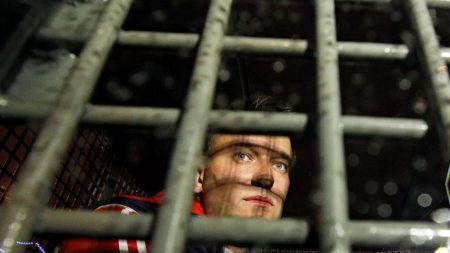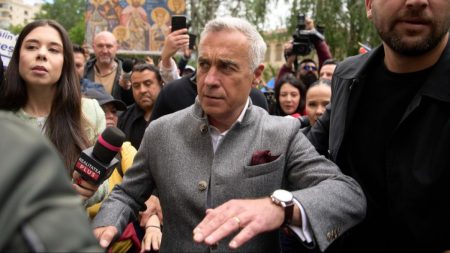Summarize this content to 2000 words in 6 paragraphs in Arabic
Since Donald Trump announced the beginning of the peace negotiations over Russia’s war against Ukraine, the US authorities have made several statements on what Ukraine should and should not expect. Yet, there are no indications of any conditions or concessions Moscow will have to settle for.
ADVERTISEMENT”Great talks with Russia and Ukraine. Good possibility of ending that horrible, very bloody war,” US President Donald Trump announced, commenting on Wednesday’s phone calls with Vladimir Putin and Volodymyr Zelenskyy. As the negotiations are set to begin with the US delegation’s initial meeting with the Ukrainian president at the Munich Security Conference later this week, the sides will have to hold the first difficult talks over the possible concessions and compromise. But it certainly seems like it is Ukraine and not Russia that is being pushed into lowering its expectations three years since Moscow’s full-scale invasion. The situation looks rather favourable for the Kremlin as it is “entering into this potential negotiation with quite a strong hand,” the Royal United Services Institute’s International Security Director Neil Melvin said.He told Euronews that Moscow has already been laying out what it considers to be Russia’s negotiating stance, “which is on a very high level.”“Some of the demands that Russia will make through negotiation have already been recognised, such as that Ukraine will not become a member of NATO,” Melvin said. “Although, there may be some wiggle room around that because we’ve had a discussion about whether Russia will want its commitment that can never join NATO, but it might be possible for what is a discussion about, well, we will revisit this in 20 years. So the question isn’t completely closed off,” he explained. Melvin says Russia will want to enter into a direct negotiation with Trump and not with Ukraine or the Europeans in the room. Russia may also consider a much broader conversation.“The reporting is that there will be a summit between President Putin and President Trump in Saudi Arabia. And so we may have a conversation that involves Middle East issues, wider international security questions, arms control and Ukraine,” Melvin said. “So there’s a possibility that there’ll be some sort of grand bargain in which Russia will be looking to do a deal over a number of different areas to increase its leverage on Ukraine.”Revealing the details of his phone call with his Russian counterpart, Donald Trump announced that the conversation was much broader and included “Ukraine, the Middle East, energy, artificial intelligence, the power of the dollar, and various other subjects.”The official Kremlin readout of the call claimed that Putin emphasised the need to “eliminate the root causes” of the war and that Putin “agreed with” Trump that “a long-term settlement could be achieved through peaceful negotiations.”Russian authorities have explicitly defined the “root causes” of the war as NATO’s alleged violation of commitments not to advance eastward towards Russia’s border. But what Moscow hasn’t defined is — its vision for peace.Does Russia want peace?Andrew Novo from CEPA’s Transatlantic Defence and Security Programme told Euronews that Putin wants to “end the war, at least the big phase of the war”.ADVERTISEMENTBut he emphasised that any ceasefire wouldn’t necessarily end the war and the issue now is the terms of what this peace would look like.”The West wants peace. Ukraine wants peace. Putin wants peace. The Russian people want peace. But their ideas of what a peace looks like are very, very, very different,” Novo said.While US president wants to “put and end to the war,” the EU says, “it is not only the destiny of Ukraine that is at stake. It is Europe’s destiny”, as Commission President Ursula von der Leyen has put it. Kyiv repeatedly said it wants lasting, reliable, and just peace for the war-torn country. ADVERTISEMENTWhat does Moscow want? Melvin says peace is not Russia’s primary goal. He explains that it was Putin who started this war. “He has a particular historical vision of Russia, which is about a greater Russia, about the pressure of even the pre-revolutionary period, the pre-Soviet period, a kind of a Russian imperial Russian empire and which many of the lands of contemporary Ukraine are seen in that vision as being core Russian lands because they were seized by various Russian tsars,” Melvin explained.”And secondly, (he started the war) to push back on the Euro-Atlantic solidarity and notably the US security presence in Europe.” These aims will be at the heart of Russia’s negotiation strategy and not peace. And even if Ukraine is somehow being pushed into some sort of territorial concessions, this won’t be enough for Moscow, Melvin says, adding that a settlement is not just about the loss of territory but actually about the “subjugation of Ukraine more broadly”. ADVERTISEMENT“It is very clear that the Russians will also push for a political settlement inside Ukraine that is in their favour, that they certainly will want president Zelenskyy replaced,” he said.”They’ll want someone who’s more accommodating running Ukraine that will push for federalisation of Ukraine, that Russian becomes the second state language, that Russian schools, Russian culture is institutionalised, that Ukraine is perhaps adopting a neutral status or certainly a non-aligned international status, that Ukraine disarms and the current level of armed forces are reduced, and that there is no foreign military presence from the Atlantic community unless it’s under a UN peacekeeping mandate.” Maximalist gains, few concessionsIt will ultimately be about a settlement in which Moscow tries to achieve maximalist gains and makes few concessions.Moreover, it will try to do so based on the Kremlin’s vision that the “big powers decide issues of war and peace around their interests.”ADVERTISEMENTThis is why Melvin says Putin wants to talk to Trump and not the European leaders or the European Union. Moscow sees the first direct talk between the US and Russian presidents as a recognition that “they want to talk to the power behind the scenes, which is what they see us as, and not the Europeans” — let alone Kyiv and Ukraine’s president, whom Putin seems to have dismissed. Zelenskyy on Thursday reiterated once again that “any bilateral negotiations about Ukraine without us, we will not accept”, insisting on Kyiv’s long-term strategy, “nothing about Ukraine about Ukraine”. The first meeting between the US administration and Zelenskyy at the Munich Security Conference is set for the end of the week and will not include any Russian representatives. Ukrainians certainly hope to get not only more clarity but also more reassurance that Washington is still committed to its support of Ukraine in what feels like a critical moment for Russia’s all-out invasion of Ukraine as it nears its three-year mark. ADVERTISEMENT
rewrite this title in Arabic Putin’s vision of peace is a subjugated Ukraine and a weak Euro-Atlantic community, expert says
مقالات ذات صلة
مال واعمال
مواضيع رائجة
النشرة البريدية
اشترك للحصول على اخر الأخبار لحظة بلحظة الى بريدك الإلكتروني.
© 2025 جلوب تايم لاين. جميع الحقوق محفوظة.




